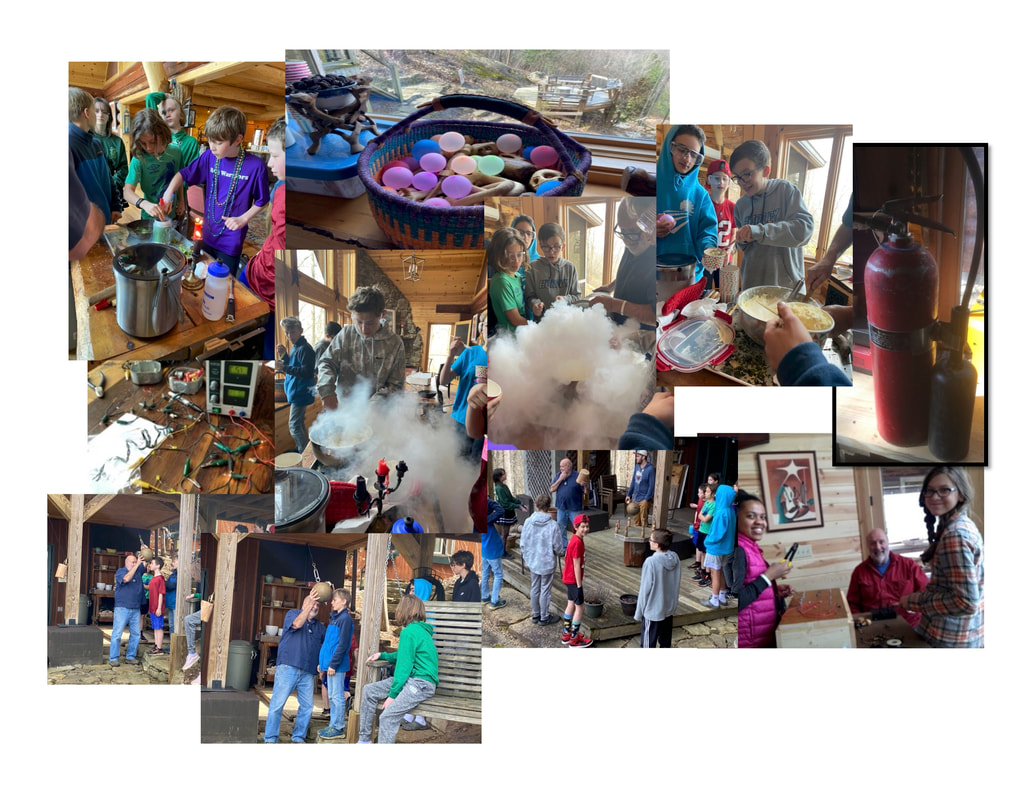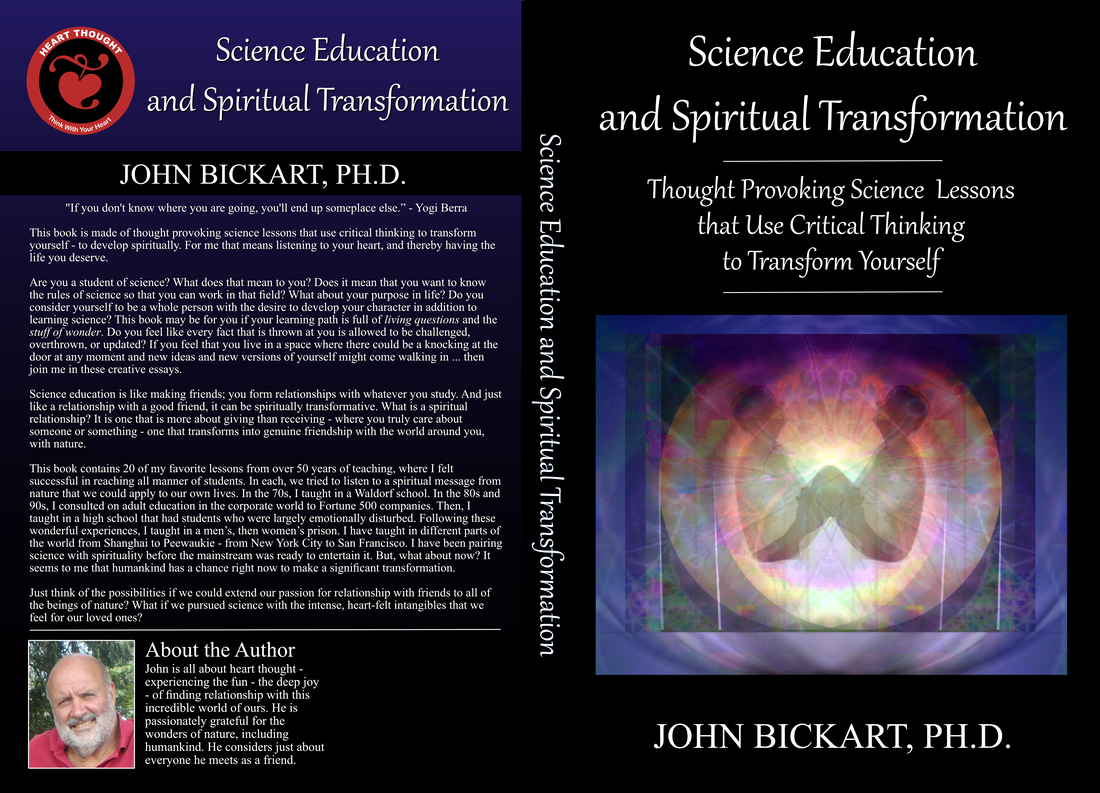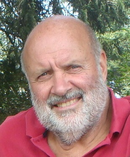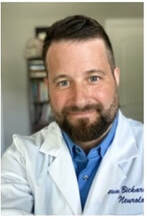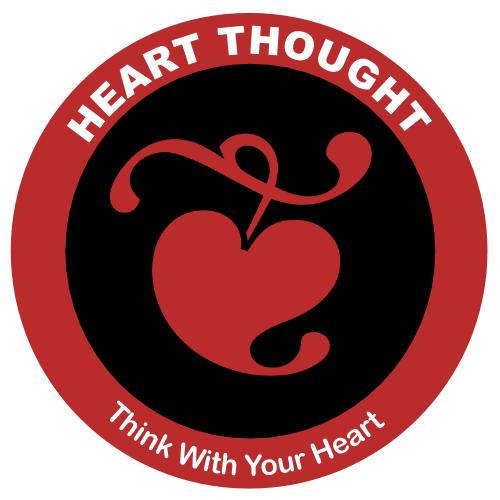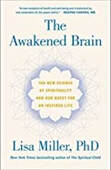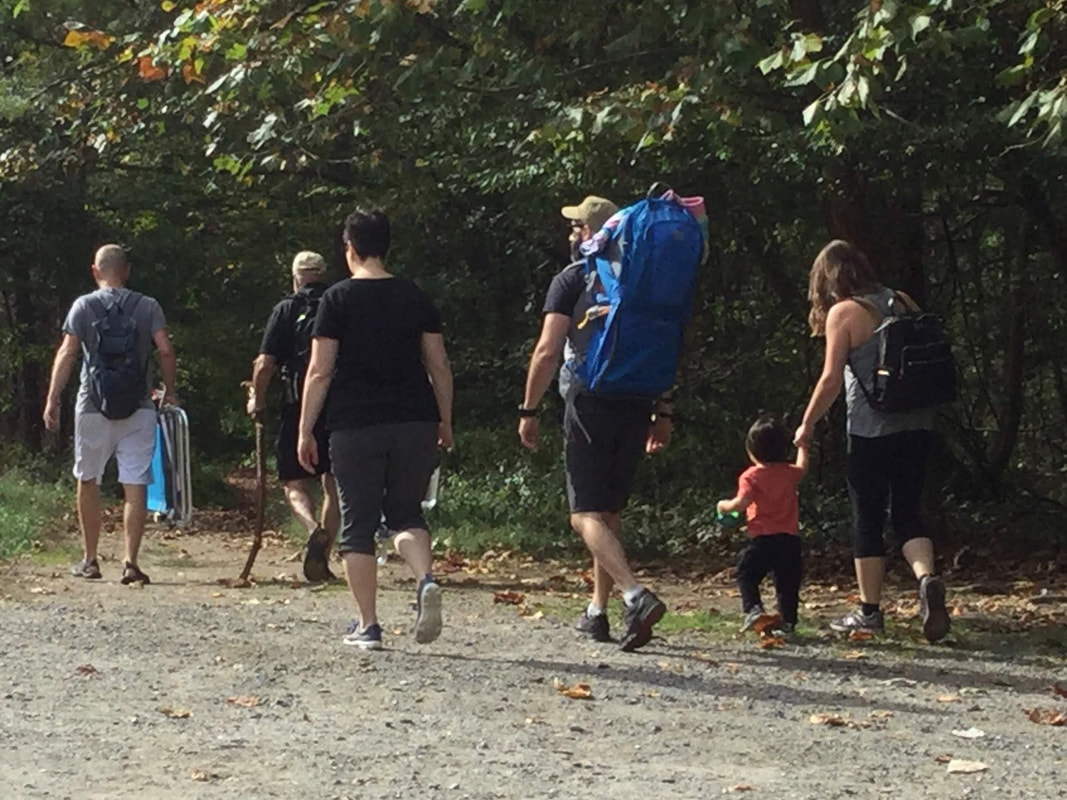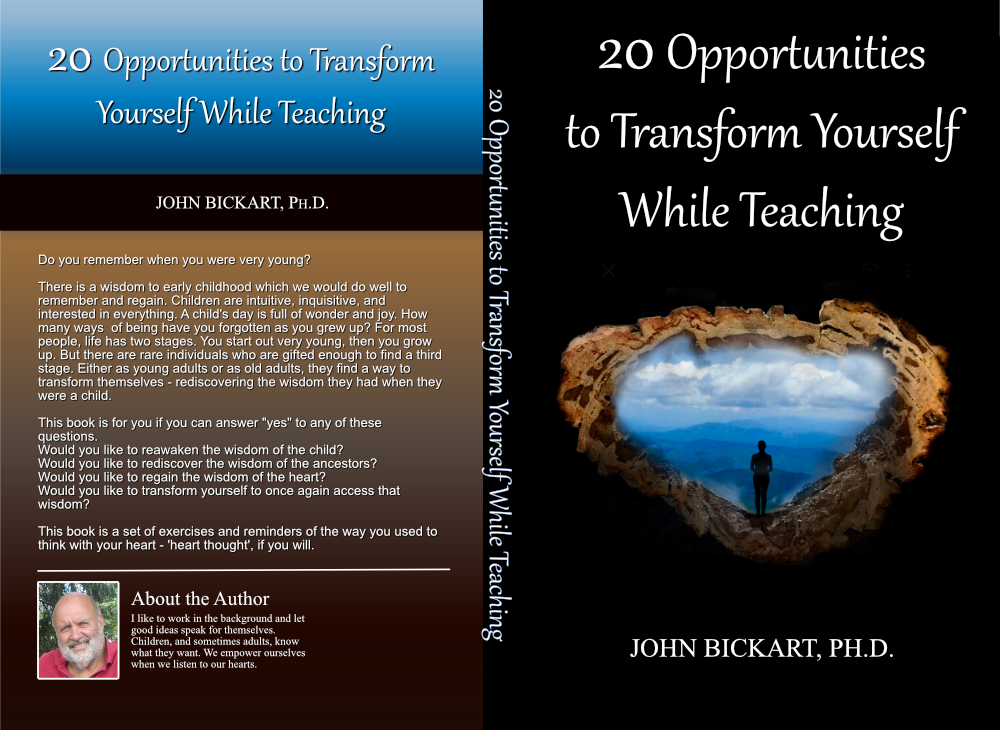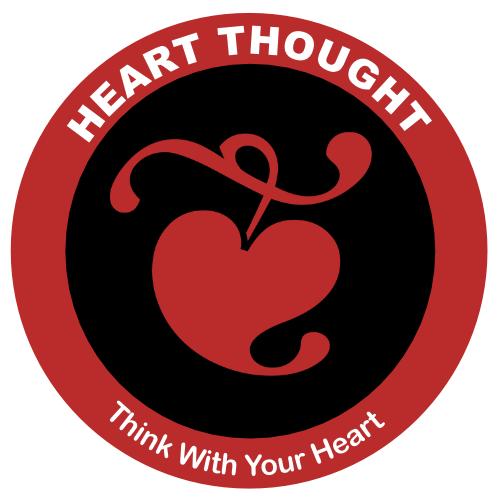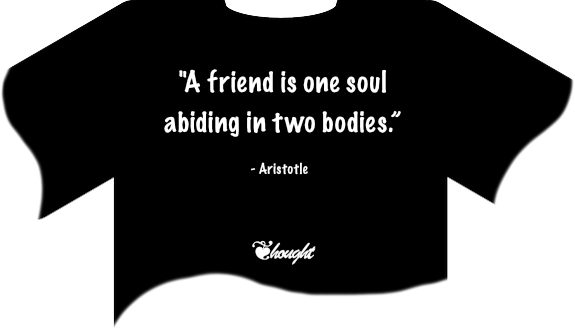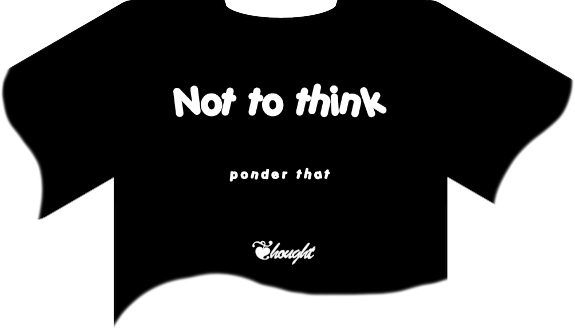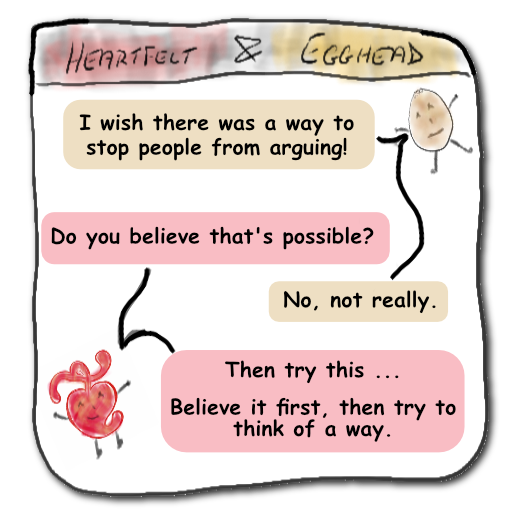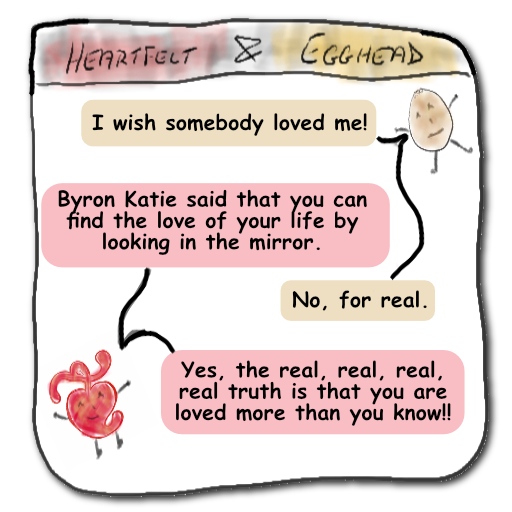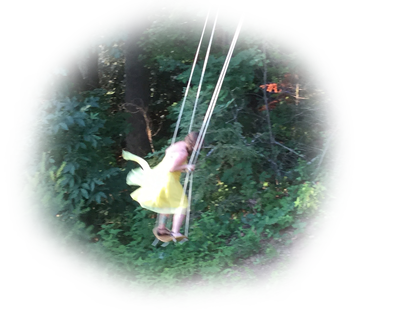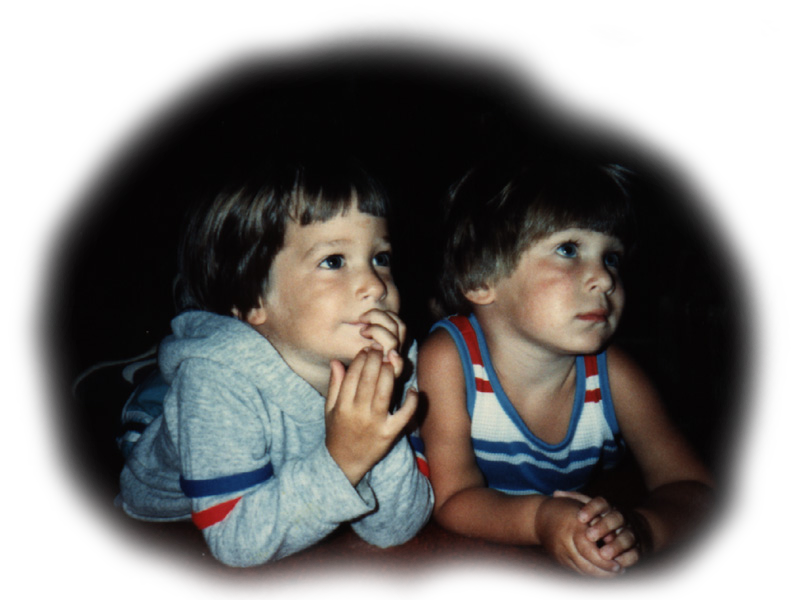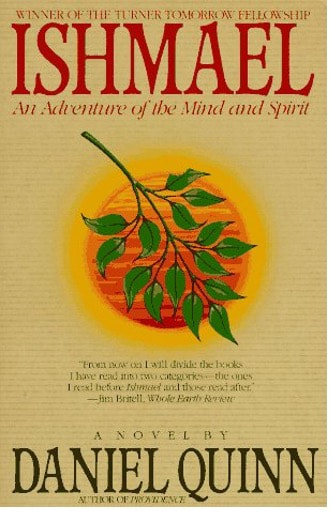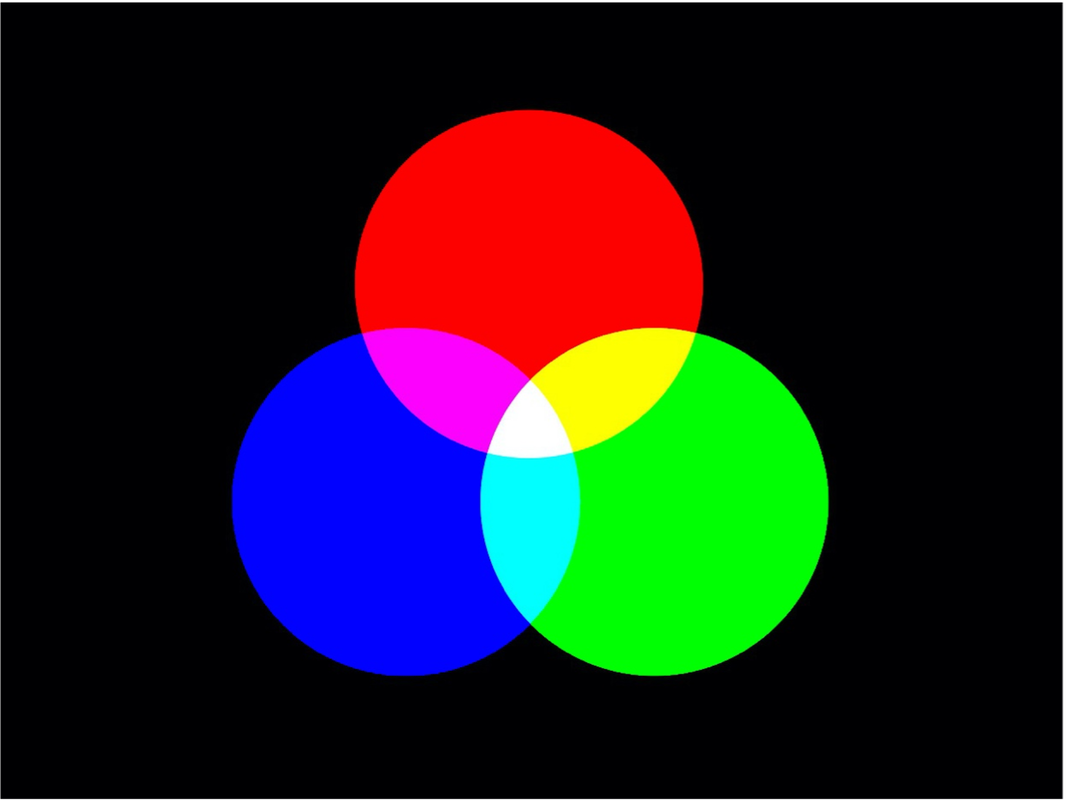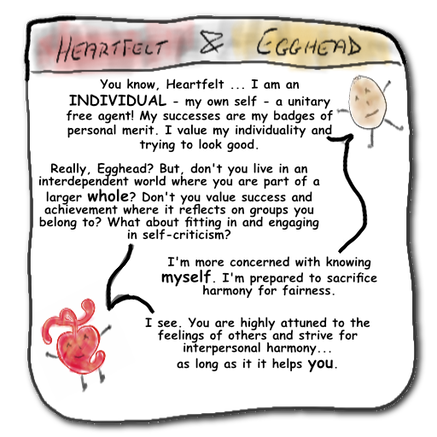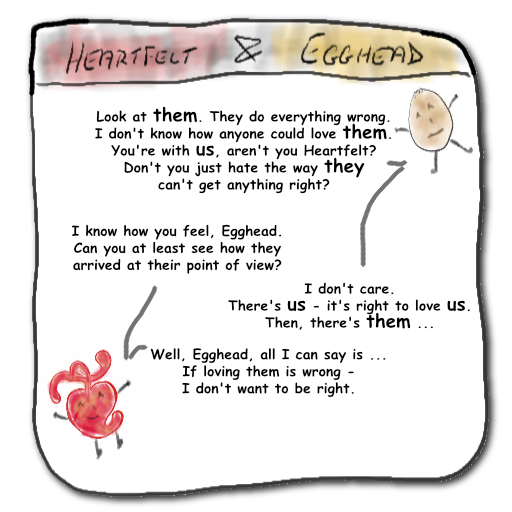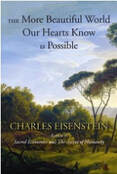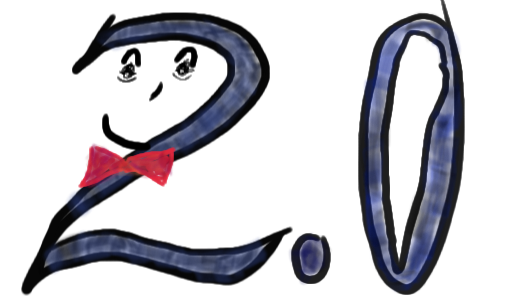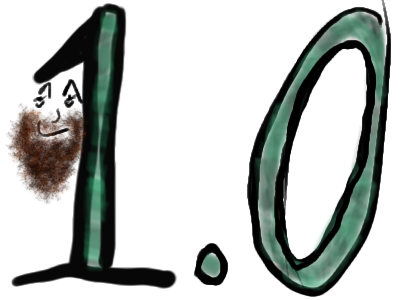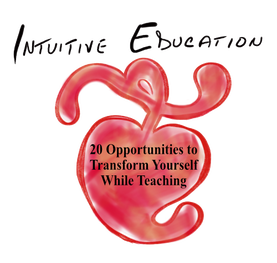“The problem with problems is that we try to solve them with our tiny intellects. Instead, we should wait in the belief and expectation that they will be solved ... then search our hearts for the plan.
Belief is a cause - not a consequence"
- from the Reawakening Your Love of Learning During Strife Workshop
- from the Reawakening Your Love of Learning During Strife Workshop
Coming Soon ... A new Book ...
|
The Believing Brain Workshop
Changing ourselves starts with changing our beliefs. Workshop Abstract: Your belief systems powerfully influence your biology, decisions, behaviors, and the community and world at large. Experience interactive Belief Exercises and the science behind them. You will learn how beliefs influence human:
Workshop Description: Activities ... This workshop is a first. Father, John will cross over with his son, Kevin to provide visceral demonstration on the power of belief. Kevin will use neuroscience as a lens to begin the discussion about how the brain is wired to believe and how these beliefs generate cascades of brain and bodily responses that shape humans and cultures. Kevin has been studying and presenting on the believing brain for years in the context of student and player development for high schools, colleges, and professional teams but also in scientific conferences and publications using brain imaging techniques. John will situate the discussion to the educational environment with practical and tangible exercises. He has used some of these exercises in schools (and on Kevin as he grew up). Through scintillating visuals, some data, and experiential exercises, they hope to empower you to become aware of your beliefs and their impact while also equipping you with a playbook to do the same for your students. The Science ... We are what we believe. Our brain is wired to allow emotions, motivations, goals, thoughts, expectations, social contexts, memories, and more influence how we perceive reality. It mediates mind-body interactions, or the impact that the mind - your thoughts, attitudes, and beliefs - have on your body, not just the internal workings of your body, but your behavior, habits, decisions, reactions, and interactions with others. In fact, the contents of your mind influence far beyond the reaches of your own body. They are the seeds of culture, revolutions, wars, societal norms, in-group out-group mentalities, prejudices, and so on... You've seen emotions spread through a room, read about attitudes corrupting a society, and belief systems driving communities to war. You have also seen the better side of this story, the utility of understanding your beliefs, sharing them with others, and working to arrive at a solution to construct better habits, more positive working environments, and motivating team culture. Beliefs can work against us just as easily as they can work for us. The solution is to be mindful of the content that you carry around in that 3lb piece of meat between your ears. |
Permissions to rejuvenate your teaching experiences.
Intended audience: Teachers interested in rejuvenation, student transformation, spiritual healing. Instructor: John Bickart, Ph.D. Prerequisites: none Web Page: https://www.bickart.org/ Recommended Reading: The Next Version of You, Bickart's Just-in-Time Fables, 20 Opportunities to Transform Yourself While Teaching Workshop Abstract: Four interactive exercises that reawaken your love of teaching. Do you constantly love teaching? Or are you like the rest of us - falling in and out of love? We teachers need forgiveness, accolades, compassion, and understanding. How will we get this? By looking through the eyes of our students! Workshop Proposal: I don't know about you, but I went to the school of hard knocks. When I was very young, everything looked good. As I got older, not so much. I guess the hard knocks got to me. Life brought difficulties, responsibilities, good days, and hard ones, too. Then, I started teaching. The youth I taught have given me a fresh start! If I consciously use their eyes to perceive the world, I have a window into the beautiful and the good. Yes, I have to make the effort, but it works. I believe that it works because the world is inherently good and the youth are innately wise enough to know this. They have a spiritual knowing that is true. They KNOW that the world is good. So, when I need to reawaken my love of teaching, I look into their eyes and through their eyes ... and there it is - the knowing that I had temporarily forgotten. The interactive exercises we will do to reawaken this spiritual knowing are:
|
"I know I know nothing. I'm sure of that. But I could be wrong."
- John Bickart
- John Bickart
|
We reviewed the book, The Awakened Brain, where Lisa Miller describes that your perceptual field can be seen as Top-down attention vs. Bottom-up perception. Top-down attention focuses you on the task at hand that you want to achieve but limits your perceptual field. Bottom-up perception opens you to the most salient or emotionally relevant perceptions in your field. She writes in a chapter called "THE TWO MODES OF AWARENESS", "As a result of this awakened awareness, our eyes move to meaningful events. In achieving awareness, the stranger who starts talking to us on the bus might be annoying or intrusive, or just invisible. In awakened awareness, we might hear what he says—and even see how it’s relevant to our own lives" (L. W. E. S. Miller, 2021, p. 165). Read More |
Wake Up Call #10 ... Heart Thought [Following is a transcription from the video] Today's wake up call is a great way to think with your heart. Our goal will be to integrate head thought and heart thought, but primarily lead from the heart. This is brought to you thanks to Lisa Miller, from her book, The Awakened Brain. In a chapter called "THE TWO MODES OF AWARENESS" she writes about the difference between having a day where you are only paying attention to what you have to get done or achieve. She calls this an achieving awareness. The other mode of awareness involves waking up to what is happening all around you. She calls this an awakened awareness. ... Watch Here. |
Moving on ... Using tragedy to come together ...
|
It would be disrespectful to use a tragedy, like the recent events in Uvalde, Texas to become sensational. We need, instead to listen and learn. Here are comments from the townspeople.
“It’s sad to think this tragedy would bring us closer, but I think in Uvalde, I think that will happen.” - Uvalde resident “I’m very thankful and I’m very happy that we’ve come together. We need to be unified. We need to strengthen each other. But there’s nothing like unity. And if there’s one thing that we need in this world, it is more unity.” - Uvalde resident I hope they’ll know Uvalde for a town that can come together, and a town that can rise from the ashes.” - Uvalde resident Advice from counselors of how to field questions that young people will definitely have after a tragedy ...
|


